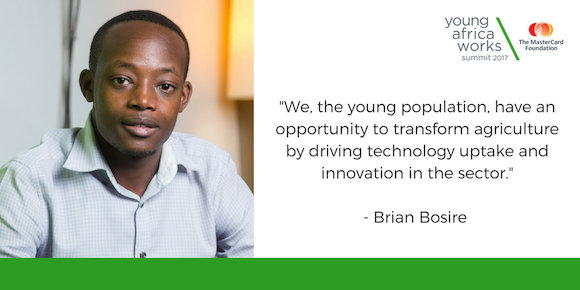
I was born in a small village in southern Rwanda, where the majority of inhabitants rely on subsistence farming for their daily living. Given its far distance from the national grid, the village has no access to electricity, and biomass is the main source of fuel. As I grew up facing these challenges firsthand, I developed a passion for having a direct role in improving my livelihood and the livelihoods of my fellow villagers.





 In a small village in western Kenya, I had my first encounter with farming. Farming was hugely defined by women waking up early every day, with a hoe and a machete, and spending a whole day physically tilling the land. The little inherited knowledge was enough to manage farms.
In a small village in western Kenya, I had my first encounter with farming. Farming was hugely defined by women waking up early every day, with a hoe and a machete, and spending a whole day physically tilling the land. The little inherited knowledge was enough to manage farms.


